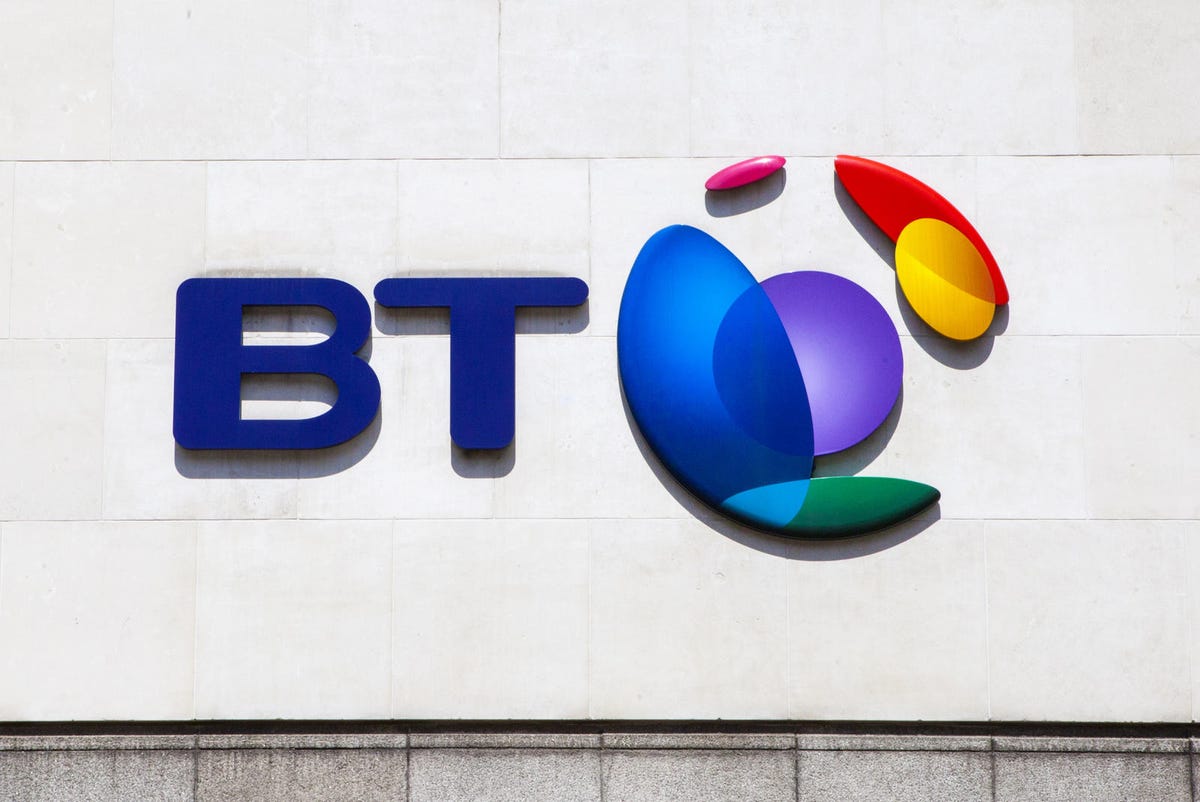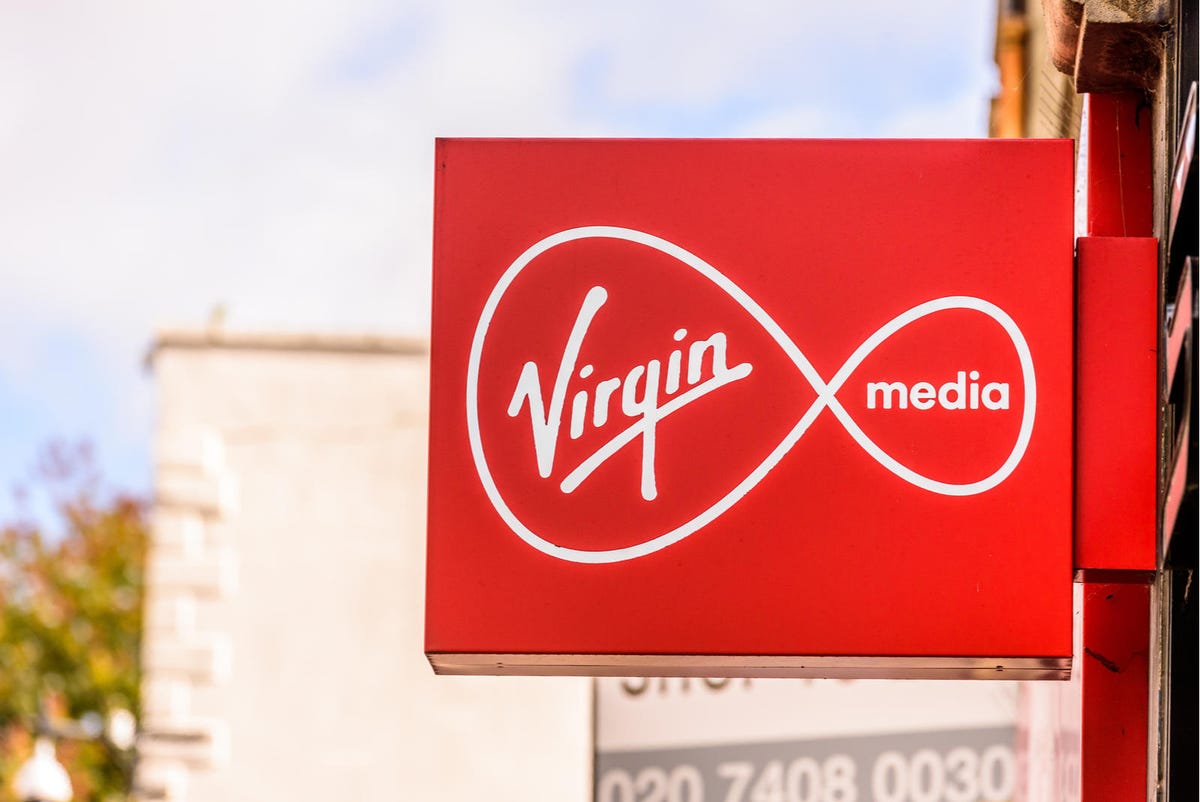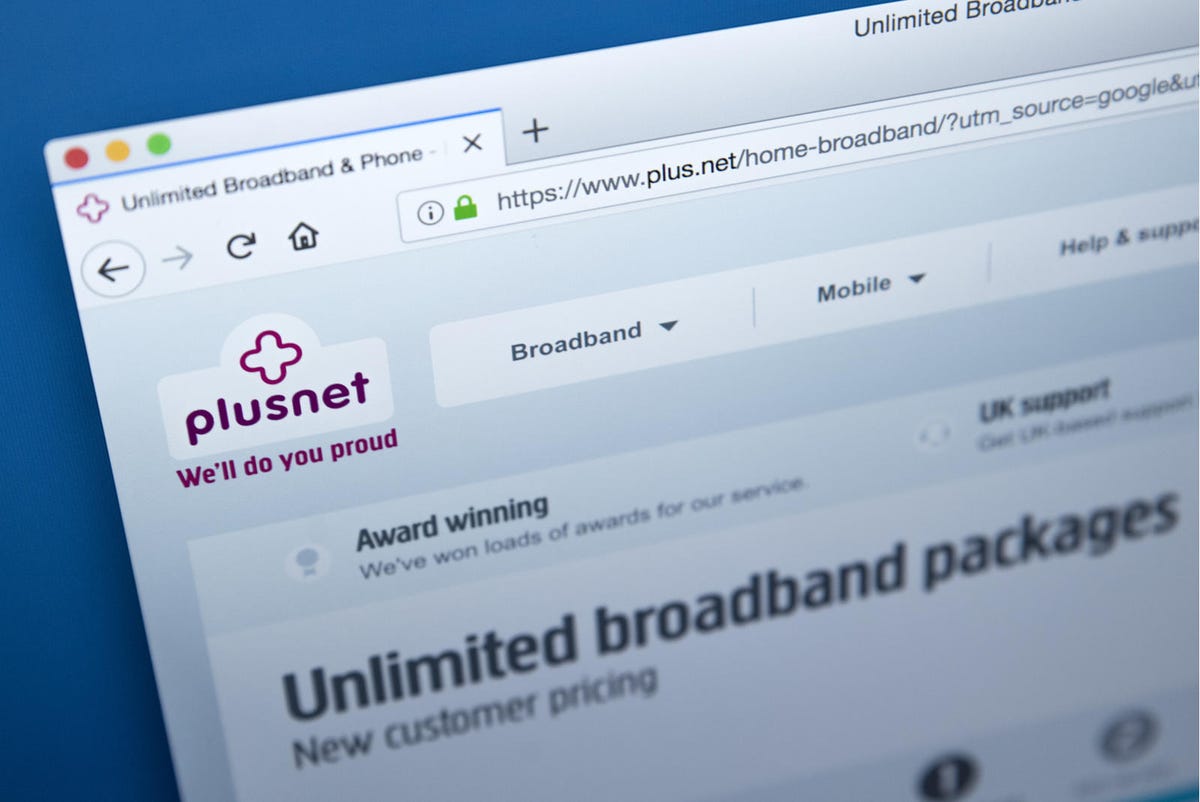Best internet provider in the UK 2021: Top ISP picks | ZDNet
Picking an internet service provider (ISP) is a big decision for small businesses. Once the ISP is in, you’re stuck with them for upwards of a year, living with their claimed speeds, actual speeds, contract pricing and price changes after the contract period ends.
With millions of people working from home over the past year, the importance of home broadband services has elevated from ‘nice-to-have’ for Netflix and Amazon Prime to absolutely essential for small and medium business and SOHO operators.
Spotty broadband directly impacts income, so it’s good to have backup connectivity options like a 4G fallback when things go awry. And when you’ve got deadlines, the last thing you want is to be waiting for an ISP’s support to debug and solve your broadband problem.
That means when hunting down the best business broadband offer, businesses need to look beyond price and speed, and also assess whether the ISP offers good service level agreements (SLAs) and reliable speeds. Reliability is critical.
The biggest ISPs in the UK include BT, TalkTalk, Virgin Media O2, Sky, and Vodafone. According to UK telecoms regulator Ofcom, all the major ISPs had relatively high levels of customer service satisfaction. TalkTalk, a challenger brand to BT, had the lowest satisfaction at 77% in Ofcom’s survey, but it also offers some respectable deals and a broad range of speeds and support options for businesses.
All the download and upload speeds for various business broadband products listed in this guide are on an ‘up to’ basis, which means there’s no guarantee these speeds will be available all the time. Speeds are reported as download/upload figures in Mbps.
Deals to match any business needs
TalkTalk, the UK’s fourth-largest ISP, has four business broadband deals ranging from £15.95 a month with speeds up to 18Mbps through to Dedicated Leased Lines with 1 Gbps speeds — with around the clock UK support and an SLA fix times from five hours.
The top dedicated leased line from TalkTalk, Ethernet Access Direct, is available from £274 a month and offers up to 1Gbps symmetrical speeds, no installation fee on a three-year contract, and a five hour fix time SLA.
The Ethernet First Mile package, from £150 a month, includes up to 20Mbps symmetrical speeds, while the Ethernet over Fibre deal from £70 a month offers up to 76Mbps download speeds.
For businesses that don’t need SLAs and 1 Gbps speeds, TalkTalk offers a much cheaper Business Ultrafast Fibre 150 package for £25.95 per month on a 24-month contract average speeds of 145/25Mbps. There’s also the Business Ultrafast Fibre 300 for £30.95 a month that features average speeds of 290/40Mbps. These seem like sensible choices for most small businesses.
The £15.95 Standard Business Broadband on a 12-month contract is an attractive starting price but only offers speeds up to 18Mbps.
As more jabs roll out and businesses begin to reopen, TalkTalk has a range of fibre ‘reopening’ options with three months free, ranging from 100/20Mbps download/upload speeds for £29.95 a month to a 900/115Mbps package for £59.95 a month — these are 24-month contracts.
Pros:
- A broad range of price points speeds.
- An option with symmetrical speeds.
- For those that pay, a five hour fix time promise.
- Competitive pricing.
Cons:
- Ofcom found it had the lowest level of customer satisfaction amongst big ISPs.
- It has a TrustPilot rating of just 2.5 out of 5.
It’s premium and pricey but has the broadest coverage
Incumbents are hard to avoid even with healthy competition and BT has the broadest coverage.
BT’s business broadband deals start at 76/19Mbps for £35.45 a month on a 24-month contract. Most of the business broadband deals offer 76Mbps download speeds, but BT also has its Full Fibre product with speeds from 76Mbps to 900Mbps.
A lot of BT’s business broadband deals bundle in other products, such as a digital phone line and mobile phone plan (including phones like the Samsung Galaxy A42 5G and the iPhone 12 Mini 5G), leveraging its growing 5G mobile network under the EE brand — which BT bought for £12.5bn in 2015. One advantage of BT is that if there is a broadband outage, it will automatically switch to EE’s 4G network.
BT boasts 24/7 support, and a solution for wi-fi blackspots around a building for £7 extra a month.
While 76Mbps is not the fastest broadband service it does qualify for super fast broadband — many small businesses and retailers will find this sufficient.
BT’s top listed offer is for superfast broadband and phone for £35.45 a month, which includes a digital phone line, the always-connected 4G EE guarantee, and a guarantee that prices won’t change over the course of the contract.
Fortunately, for finance, tech, digital agencies and media companies, BT has much faster packages:
- Full Fibre 150 with 152/29Mbps speeds costs £42.95 a month.
- Full Fibre 300 costs £47.95 a month.
- Full Fibre 500 costs £59.95 a month.
But for businesses that need extra bandwidth and speed, BT’s fastest offer is the Full Fibre 900 with download speeds of 900Mbps for £64.95 a month.
Pros:
- A broad range of products.
- 4G EE backup could be handy.
- Broadest coverage in the UK.
Cons:
- Notable more expensive than business broadband rivals.
- It has a TrustPilot score of just 1.3 out of 5.
Virgin Media, the third-largest provider, has a business broadband product called Voom with packages up to 500/35Mbps.
All of the Voom packages are available as 24-month contracts and range from £32 to £62 a month. Higher-end packages include dynamic or static IP options and faster resolution times:
- Voom Fibre 1 costs £32 a month with download speeds up to 350/7Mbps. It promises customers a fix within 48 hours of the first issue report.
- Voom Fibre 2 costs £47 a month, has 350/15Mbps upload speeds, and a 24 hour resolution time.
- Voom Fibre 3 for £50 a month includes 350/20Mbps speeds, up to five static IPs and a 24 hour resolution time.
The premier Voom 500 for £62 a month includes 500/35Mbps speeds, up to five static IPs, and a 12-hour turnaround for resolving problems.
Customers can add 4G as a backup for £7 a month to all these packages for occasions when the point of service (POS) terminal needs to be up and running during an outage.
Pros:
- Competitive prices for speeds.
- Simple packages and a 4G backup option.
- A 12 hour fix time for Voom 500 customers.
Cons:
- No Gigabit broadband option.
- The SLA only applies from Monday to Saturday and excludes bank holidays.
- Smaller coverage than BT, but you can use a postcode checker.
Reasonable prices, but limited speed choices
Sky’s Sky Connect business broadband offerings in terms of speeds look very much like BT’s. All three of its Sky Connect services have a 76/19Mbps service, unlimited data and a digital business phone line.
All prices are available on a 24-month contract with phishing and malware protection, unlimited data, and a digital business phone line.
Sky Connect has bundles are:
- The Advantage deal, at £39 per month, includes the aforementioned features, but not up to four digital phone lines.
- The Advantage Pro, at £55 per month, has the same but includes 4G backup and not four digital phone lines.
- The Advantage Max, at £95 per month, includes all features plus up to four digital lines.
It also offers a 30-day money-back guarantee if a business customer decides they don’t like the service. Sky Connect lacks higher speed options, but the pricing is simple and with a 30-day return period, it could be an attractive choice for many businesses.
Pros:
- Competitive prices.
- Simple packages.
- A 4G backup option for those who need it.
Cons:
- No high-speed options.
Plusnet sits within the consumer division of BT, but it does have an unlimited business broadband offer from just £17.50 a month.
Plusnet is a budget ISP, and so it doesn’t offer many fancy extras while download speeds are limited to 18Mbps or 76Mbps.
It is a 24-month contract, so you need to be sure that 18Mbps is enough for your business. However, Plusnet does offer an Unlimited Business Fibre deal for £22 with 76/18Mbps speeds.
It probably won’t be for a digital marketing agency, but for a small retailer, 18Mbps download speeds might cut it.
Plusnet users can download as much as they want, but there are none of the more sophisticated options like SLAs and symmetric speeds. It’s an offer that highlights that ‘you get what you pay for.’
Pros:
- It’s a cheap service.
- Includes line rental.
- Unlimited data.
Cons:
- No high-speed options.
- Basic support and service.
Which business broadband ISP should I choose?
Keep an eye on the contract period and how much the costs change afterwards. In all cases, UK ISPs charge more for business broadband after the initial contract period. That means putting a note in your calendar a month before the contract is up to review the experience.
While consumer broadband options plenty of speed choices and are generally cheaper, there can be a benefit to businesses of having better upload speeds — even if they’re not guaranteed speeds.
While some packages are simple with relatively low or even free setup costs, it is worth visiting the ISP’s website and finding out what all the costs are, including VAT and whether a phone line is an additional cost or included, as a digital phone line.
If you’re running a small retail outlet with a few POS machines, a cheaper basic broadband option will probably suit you. Most ISPs included here offer these entry-level products, but not all ISPs have SLAs or 4G backup options for when things go wrong.
The question comes down to how important internet connectivity is to your revenues and operations.
How did we pick which ISPs to include?
All the providers included in this round-up are national ISPs with broad coverage. Each ISP had specific business plans available and most of them had products and speeds that were suitable for a variety of small and medium businesses in different sectors.
It may be worth checking regional ISPs too or those with less than national broadband coverage.
Independent ISP Zen Internet has business broadband offerings covering fast, superfast and ultrafast broadband, with a range of data usage packages with a static IP address. Its on-net reach covers over 500,000 postcodes, but customers need to use the postcode checker to see if they can get its service.
Zen’s entry-level product costs £27 a month and offers 10/1Mbps average speeds on a 24-month contract with the phone line included. It includes a free router and there is a “critical care” option for £27 that includes better support, 99% uptime and £25 service credit if fix times exceed 12 hours.
The Business Fibre 2 product includes line rental and costs £46 a month, offering 66/17Mbps speeds on a 12-month contract with a £45 activation fee. It’s a Fibre to the Cabinet service. Zen’s faster costs £50 a month with a £50 activation fee and offers 150/25 Mbps speeds.
Or there’s the Business Fibre 4 FTTP service from £57 a month with a £50 activation fee that features 300/50Mbps speeds and a free static IP address.
For all the latest Technology News Click Here
For the latest news and updates, follow us on Google News.




